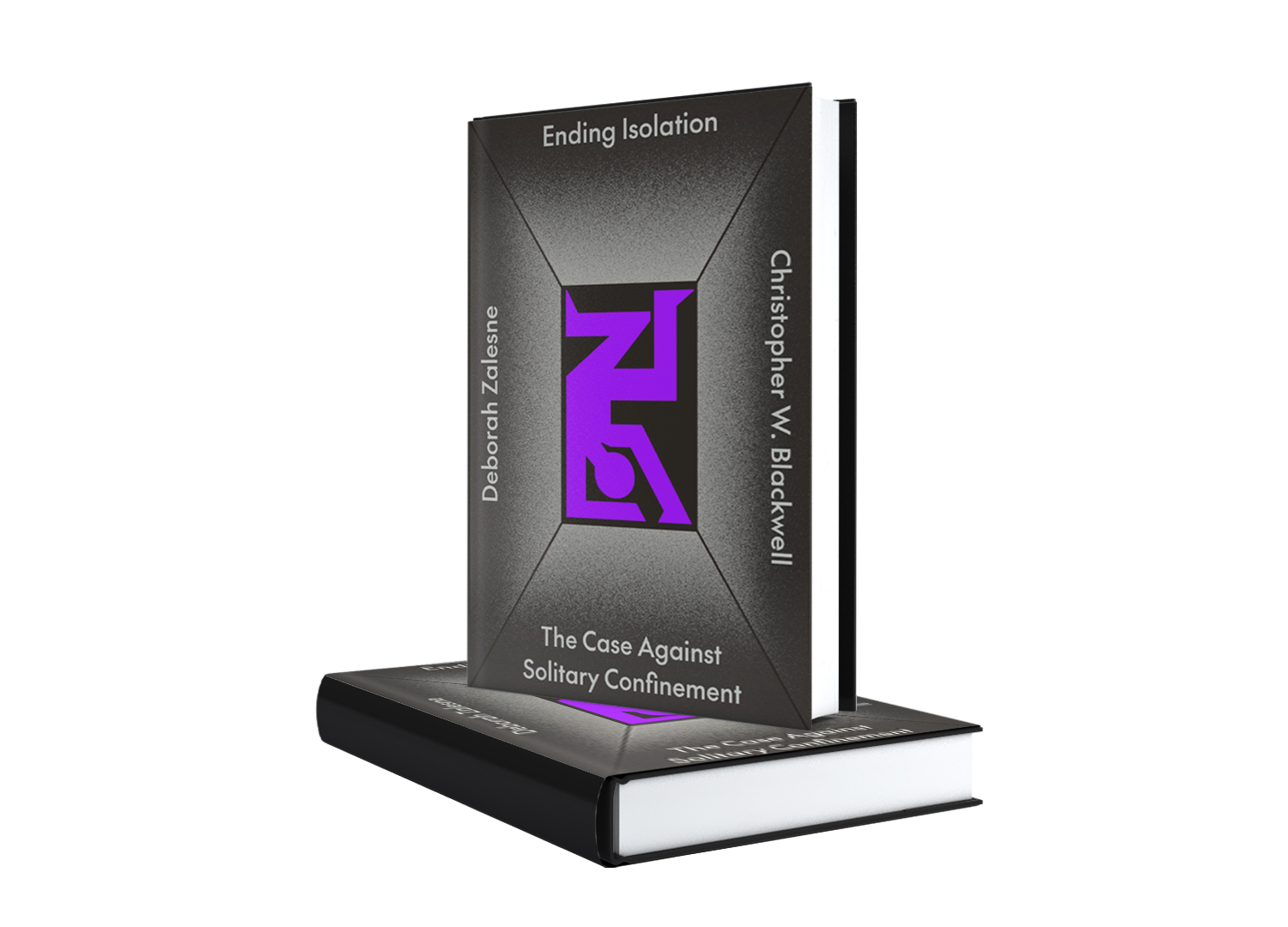
Once judged by the United States Supreme Court to be an impermissible form of torture, solitary confinement has grown to become a so-called “solution” to the overcrowding and violence that define life on the inside. Every day in American jails and prisons, 122,000 people are confined to a cell the size of a parking space; some have been there for months, years, and in some cases, decades.
“These compelling reflections by people who have been entrapped within the tortures of solitary […] should rekindle our abolitionist impulses at an especially critical moment in our history.” ANGELA Y. DAVIS
While the devastating physical and psychological effects of solitary confinement are well-documented, black-and-white statistics can never fully capture the toll it takes on the people who endure it.
Incarcerated journalists Christopher Blackwell and Kwaneta Harris both did lengthy stints in the hole—experiences that reshaped their lives forever. Ending Isolation weaves together their vivid, firsthand accounts of their years spent in solitary with the legal expertise of Professor Deborah Zalesne and the medical research of Terry A. Kupers, MD, to reveal the horror unfolding daily in prisons and jails across the country.
The authors also include written testimonies from dozens of currently and formerly incarcerated people to illustrate life in the hole. By blending personal narratives with the latest academic and medical research, Ending Isolation delivers a gripping, indisputable case against solitary confinement.
Order Now on Amazon, Elliot Bay Books, Bookshop
Authors and Contributing Writers:
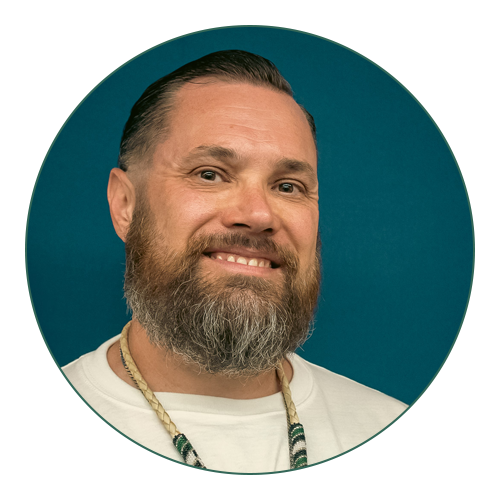

Professor Deborah Zalesne

Terry A. Kupers, MD
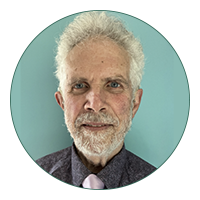




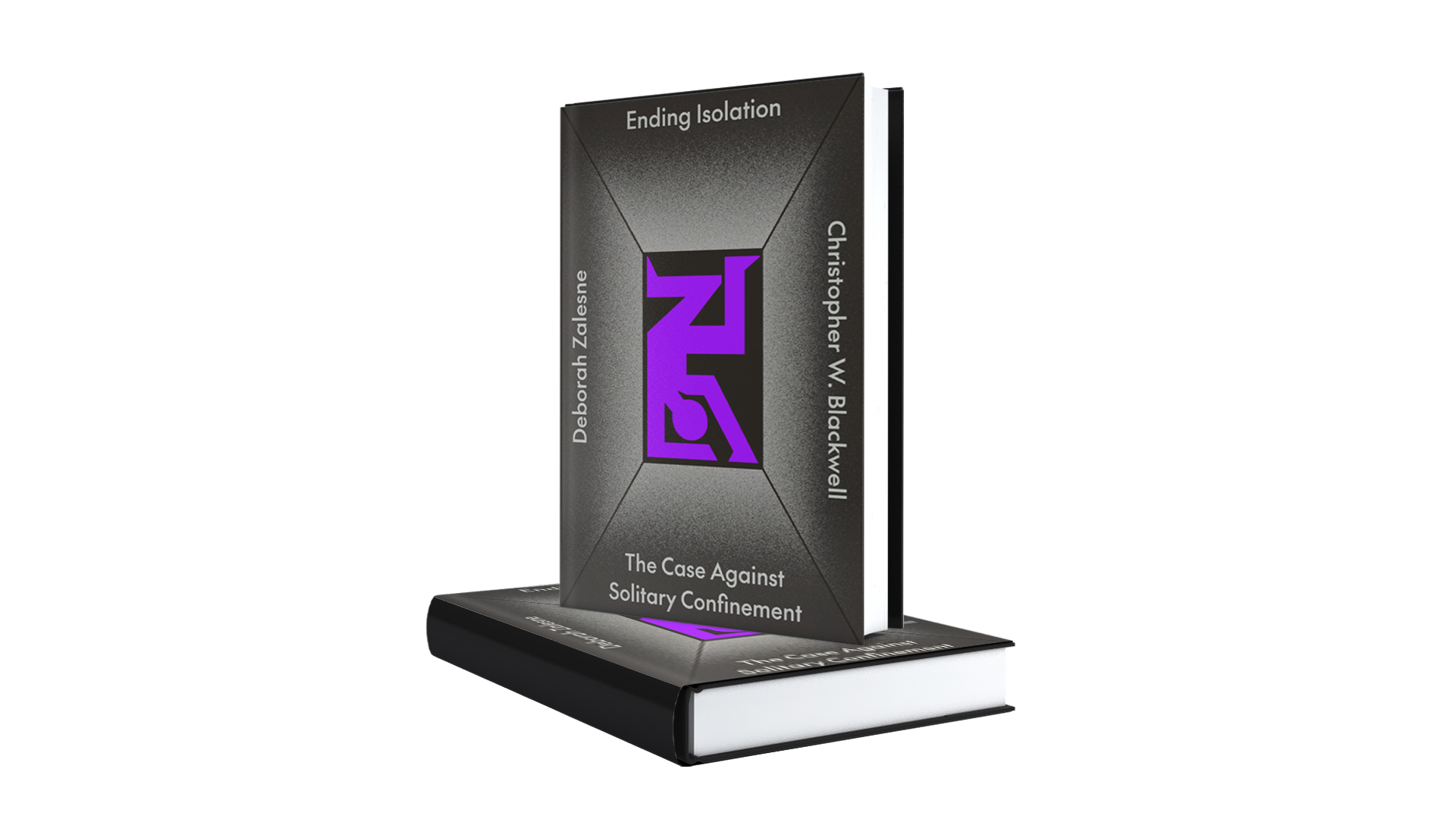
.jpg)
.jpg)
.jpg)
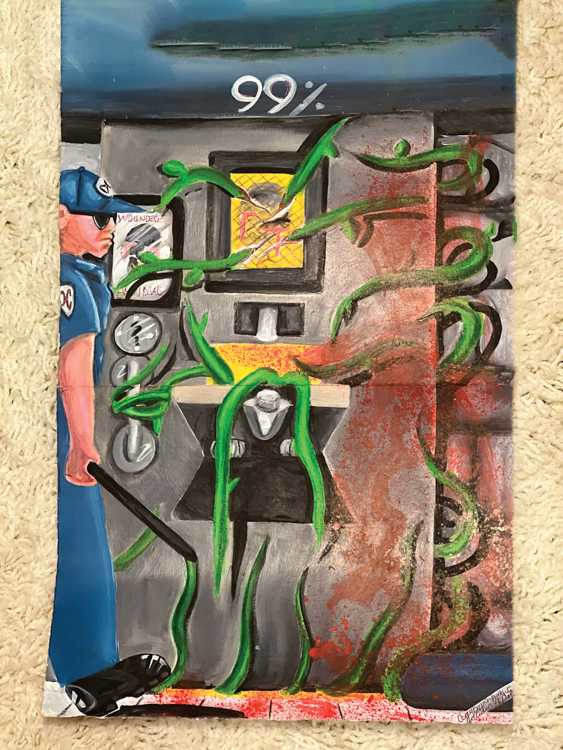
.jpg)
.jpg)